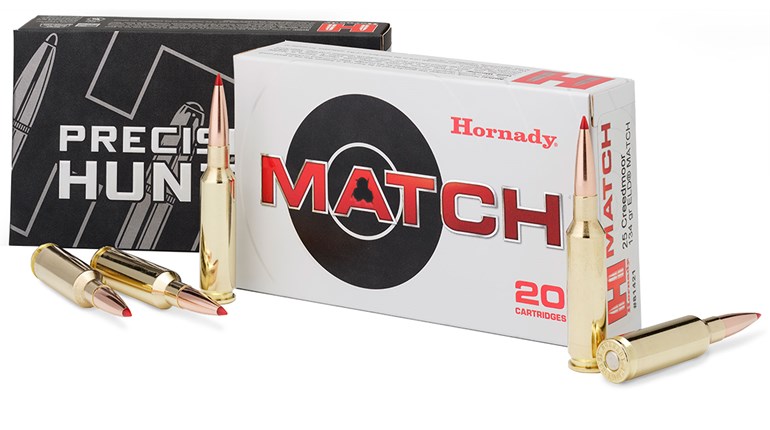
One of the more obscure and unreported pieces of firearms-related legislation to become law in 2014 was signed by Florida Gov. Rick Scott on June 20 and addresses the increasing, far-reaching zero-tolerance incidents relating to young students simulating guns at school.
Florida HB 7029, known as "The Pop Tart Bill," makes it permissible for students to play with simulated weapons without the likelihood they will be disciplined, or, at worst, expelled.
The measure, sponsored by Sen. Greg Evers (R-Baker), was a response to a 2013 incident in Baltimore, MD in which a 7-year-old boy was suspended from school after he chewed his breakfast food into a shape his teacher claimed resembled a gun, pointed it at a classmate and said, "bang, bang." There were prior and subsequent similar incidents across the country in which students faced discipline and even expulsion for drawing pictures of guns, pointing fingers like a gun and using other firearms pantomime.
The Florida bill provides that such action by a student "is not grounds fordisciplinary action or referral to the criminaljustice or juvenile justice system."
The NRA-supported bill passed the Florida House of Representatives in May by a 98-17 vote and breezed through the Senate 32-6.
Under HB 7029, the following behavior is exempted from school discipline or criminal action:
- Simulating firearms or weapons with food;
- Possessing toy firearms or weapons less than 2 inches in length;
- Using a finger to simulate a firearm or weapon;
- Making a gun noise (e.g., "bang" or "pew pew");
- Drawing or possessing pictures of weapons; and
- Using a pencil or pen to simulate a gun.
The measure clarifies that a student may continue to be subject to disciplinary action if simulating a firearm or weapon while playing substantially disrupts student learning, causes bodily harm to another person, or places another person in reasonable fear of bodily harm.
"The severity of consequences imposed upon a student, including referral to the criminal justice or juvenile justice system, must be proportionate to the severity of the infraction and consistent with district school board policies for similar infractions," the bill reads.


































